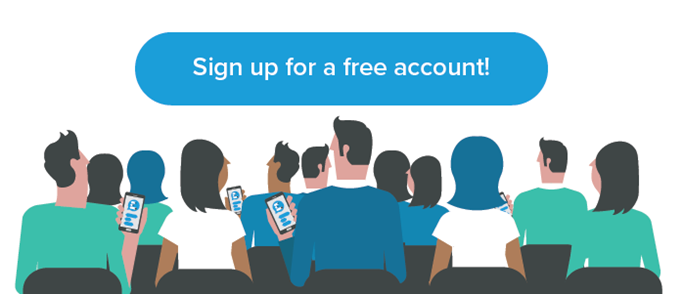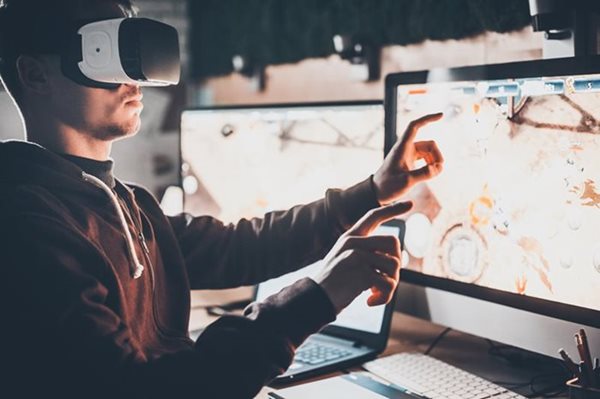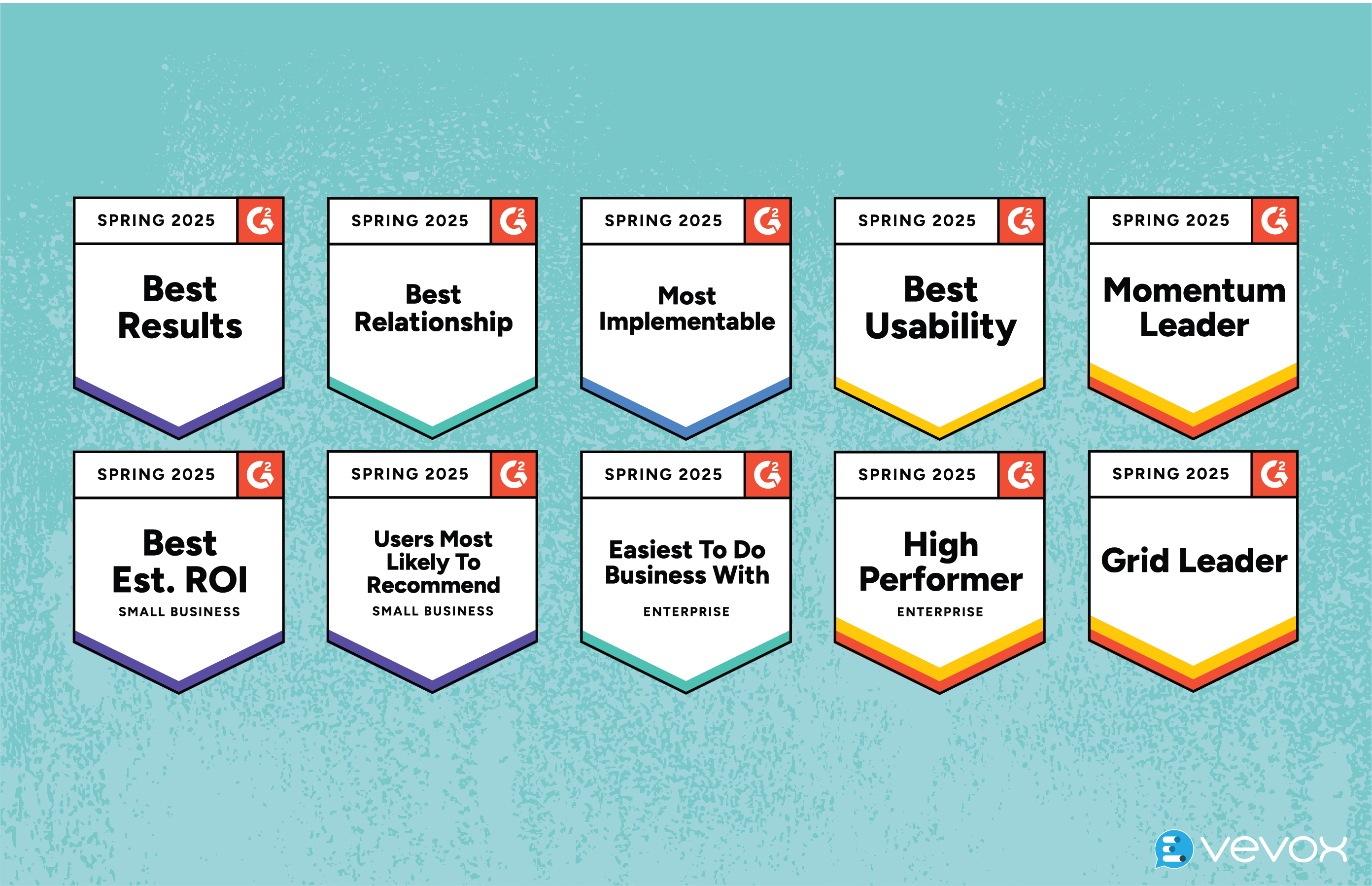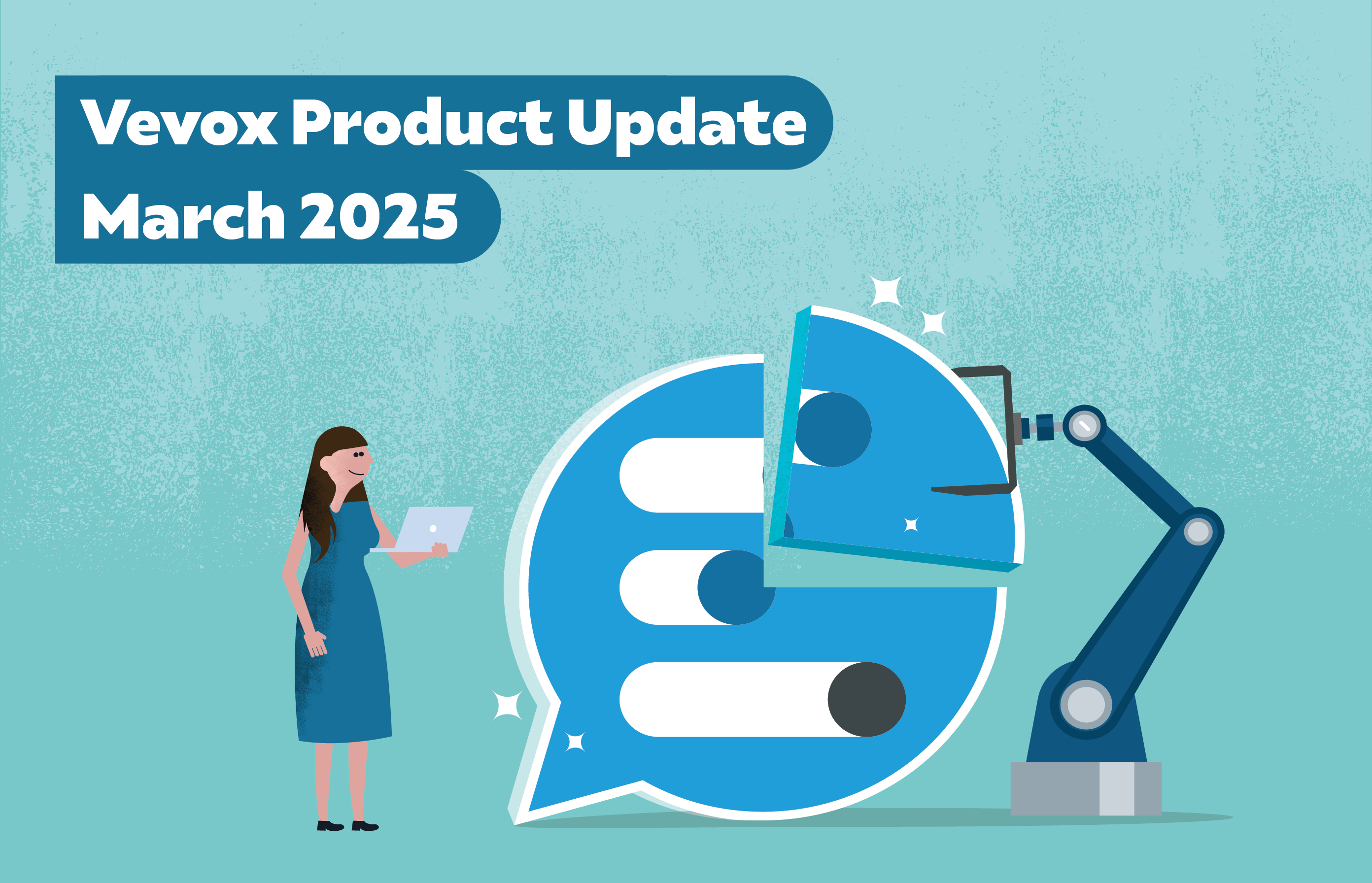We have seen many large organizations entering the virtual reality market such as Samsung, Google and Microsoft. 2016 saw a rise in virtual reality games, apps and other experiences. Although, according to Gartner and other technology research companies we can expect VR to be even more popular in 2017 and a lot more interesting features to come. So, given the hype we decided that we would try it in our office for the day!
The VR experience really felt like you were in a different world. The combination of graphics, sound and being immersed into the story-line, made it an experience like no other. One aspect of the VR headset that I thought was extraordinary was the full 360 visuals, where you can explore the surroundings and environment. The headset and controls monitors your movements and the response is remarkable, any slight movement you make is imitated through the VR headset.
I started to contemplate about how much VR technology will grow within 2017 and affect our everyday lives. After doing my research, it is clear that virtual reality will have a strong impact on several industries in the future. Virtual reality will become even more accessible within everyday jobs with people using it for medical training, new building designs, training and learning and other experiences.
1. Training and Learning
Virtual reality will see an increase of usage especially within training and learning settings. This includes a range of different sectors from education to healthcare to large corporations.
Education establishments can use VR to engage their students and instead of explaining stories or scenarios, students will now be able to experience them. Businesses can use VR for training purposes such as creating training experiences for pilots, engineers or for physical and mental training. Assessors or training managers will also be able to gain feedback from the technology on the progress of employees. The opportunities of VR within the learning/training environments are plentiful.
2. Healthcare
Virtual reality technology has already been embraced by the healthcare industry for these reasons: helping doctors visualize operational procedures, helping to cure stress related syndromes and for medical training experiences.
A doctor in the United States used a Google VR cardboard to help map out an operation and it helped save a baby's life. The doctors who needed to perform open heart surgery on the baby could see every angle of the baby's heart on the images through the VR headset. This proved to be a lifesaving technology, read more about the story here.
3. Recruitment
Lloyds Banking Group are planning a new scheme to use VR as a way of assessing candidates for jobs within their interview process. This shows how organizations are embracing new technologies and using it to benefit them and their employees (or future employees in this circumstance). This new scheme will assess candidates through virtual situations to see how they react within certain tasks or scenarios.
4. Tourism
Instead of viewing pictures of your next holiday destination or hotel, imagine if you could experience the holiday before booking it. Well, now you can explore hotels and destinations within a virtual reality setting without even moving from your seat. You can see the full 360 degree videos of the hotels or destination and move around the surroundings to feel like you are there. The 'try before you buy' tool can now (to some extent) be applied to the tourism industry.
5. Meetings and Everyday Communication
The future of your conference calls or meetings could well be in a virtual reality world. Nowadays we do not need to be in the same room to attend a meeting or a conference, but virtual reality takes it one step further. Imagine if you could see the whole room through the 360 degrees immersive content on a VR headset and really feel like you are in the same meeting room. VR could change the ways we communicate and interact with each other within meetings.
As a technology company that focuses on enhancing the way we interact and communicate within meetings, staff training and classes, we believe that technological tools such as VR and Vevox will transform these experiences forever.
The live polling and messaging app, Vevox, is transforming meetings and learning through engaging audiences, allowing participants to join in discussions from anywhere in the world and on any device. Similar to VR technology, engagement apps such as Vevox, focuses on creating a more interactive and rewarding customer experience, as well as gaining real-time feedback from the users.





